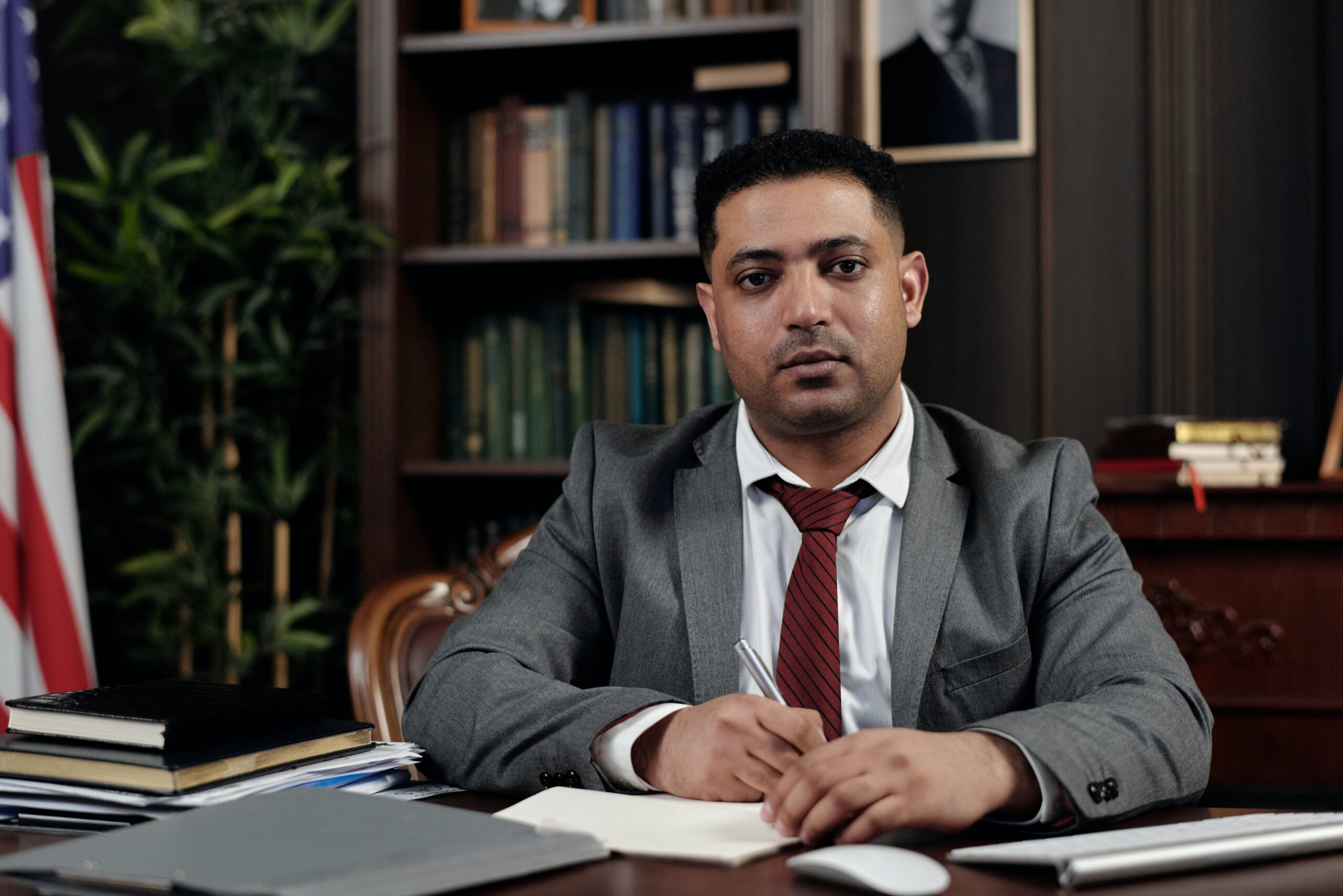Now Reading: Big Wheels, Bigger Responsibility: The ABCs of a Truck Accident Lawsuit
-
01
Big Wheels, Bigger Responsibility: The ABCs of a Truck Accident Lawsuit

Big Wheels, Bigger Responsibility: The ABCs of a Truck Accident Lawsuit
In the vast network of highways that crisscross our nations, the sight of big rigs, hauling goods from coast to coast, is a common one. These behemoths of the road are essential to our economy, ensuring that products reach their destinations promptly. However, with the sheer size and weight of these vehicles comes a tremendous responsibility. When things go awry, and a truck is involved in an accident, the repercussions can be catastrophic. In this article, we’ll delve into the complexities of truck accident lawsuits, understanding the key elements that make them distinct from regular automobile accidents.
The Anatomy of a Truck Accident Lawsuit
Understanding Liability in Truck Accidents
Truck accidents often result in severe injuries and significant property damage, leading to complex legal battles. The first step in a truck accident lawsuit is determining liability. Unlike regular car accidents, where the responsibility usually falls on the drivers involved, truck accidents can involve multiple parties.
The truck driver may be at fault, whether due to fatigue, negligence, or other factors. However, the trucking company can also share responsibility, especially if they violate regulations related to driver hours, maintenance, or load limits. Additionally, manufacturers of truck parts may be held accountable if a defect contributed to the accident.
Importance of Gathering Evidence
In any lawsuit, evidence is crucial. In the context of truck accidents, gathering evidence becomes even more critical due to the potential involvement of various parties. This includes obtaining the driver’s logbook, maintenance records, and any available surveillance footage. Eyewitness statements can also play a pivotal role in establishing the sequence of events leading up to the accident.
Moreover, obtaining the black box data from the truck can provide valuable insights into factors like speed, braking patterns, and engine performance leading up to the collision. This wealth of information is vital in building a compelling case and establishing liability.
Navigating Federal Regulations
Truck drivers and companies are subject to a myriad of federal regulations designed to ensure the safety of both the drivers and the general public. Understanding these regulations is crucial in assessing whether negligence played a role in the accident. Regulations cover areas such as driver hours, maintenance schedules, and load securement. Violations of these regulations can significantly impact the outcome of a truck accident lawsuit.
Seeking Compensation in a Truck Accident Lawsuit
Calculating Damages
Truck accidents often result in substantial damages, including medical expenses, property damage, lost wages, and pain and suffering. Calculating these damages accurately is essential in determining the compensation sought in a lawsuit. Unlike typical car accidents, where damages may be limited to a single insurance policy, truck accidents can involve multiple insurance policies and substantial coverage, given the commercial nature of these vehicles.
Dealing with Insurance Companies
Navigating the intricacies of insurance claims in truck accident lawsuits requires a nuanced understanding of the commercial insurance landscape. Trucking companies typically carry extensive insurance coverage due to the potential for significant damages. Dealing with these insurance companies can be a complex process, often necessitating legal expertise to ensure fair compensation for the injured party.
The Role of Legal Representation
Given the complexities involved in truck accident lawsuits, having legal representation is paramount. Experienced attorneys specializing in personal injury law and, specifically, truck accidents, can provide invaluable assistance. They can navigate the legal intricacies, handle negotiations with insurance companies, and, if necessary, represent clients in court. Their expertise ensures that victims have the best possible chance of receiving fair compensation for their injuries and losses.
Unique Challenges in Truck Accident Lawsuits
Injuries and Damages Magnitude
Truck accidents typically result in more severe injuries and damages compared to regular car accidents. The sheer size and weight of trucks amplify the impact, leading to catastrophic outcomes. This heightened severity poses unique challenges in terms of medical treatment, rehabilitation, and long-term care for the victims. A successful lawsuit should take into account the full extent of these challenges and seek compensation accordingly.
Jurisdictional Complexities
Truck accidents often occur across state lines, adding a layer of complexity to the legal proceedings. Determining the appropriate jurisdiction for filing a lawsuit becomes crucial. Legal professionals specializing in truck accident cases are well-versed in these jurisdictional complexities, ensuring that the case is filed in the most advantageous location for the victim.
Negotiating with Powerful Entities
Trucking companies and their insurers are often powerful entities with considerable resources. This power dynamic can create an imbalance when seeking compensation for the victim. Attorneys specializing in truck accident lawsuits understand how to navigate these negotiations effectively, ensuring that victims are not taken advantage of and that their rights are protected.
Conclusion
In the aftermath of a truck accident lawsuit in New York, the road to recovery is fraught with challenges. Understanding the nuances of a truck accident lawsuit is essential for those seeking justice and fair compensation. From establishing liability to navigating federal regulations, calculating damages, and dealing with powerful insurance companies, the journey is complex. With the right legal representation and a comprehensive understanding of the unique challenges posed by truck accidents, victims can embark on the path toward healing and rebuilding their lives. The responsibility of those behind the wheel of these big rigs is indeed immense, and holding them accountable ensures safer roads for everyone.
About the author: Mark Scott
With a law degree under his belt, Mark Scott understood very early that law communication was a relatively neglected area. He decided to help people by “translating” the language and offering information and advice in a clear, useful, and actionable manner. For this reason, instead of finding him in court, you will most likely find his name online, where he is very active and thriving as a legal columnist. His part of making the world a better place is to make the law a less convoluted maze. He aims to make it easier for people to understand when and how to seek legal counsel, how to proceed in a significant number of legal matters, and to find the proper resources so they can stand up for their rights.











